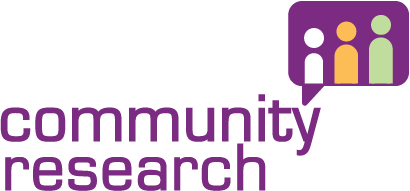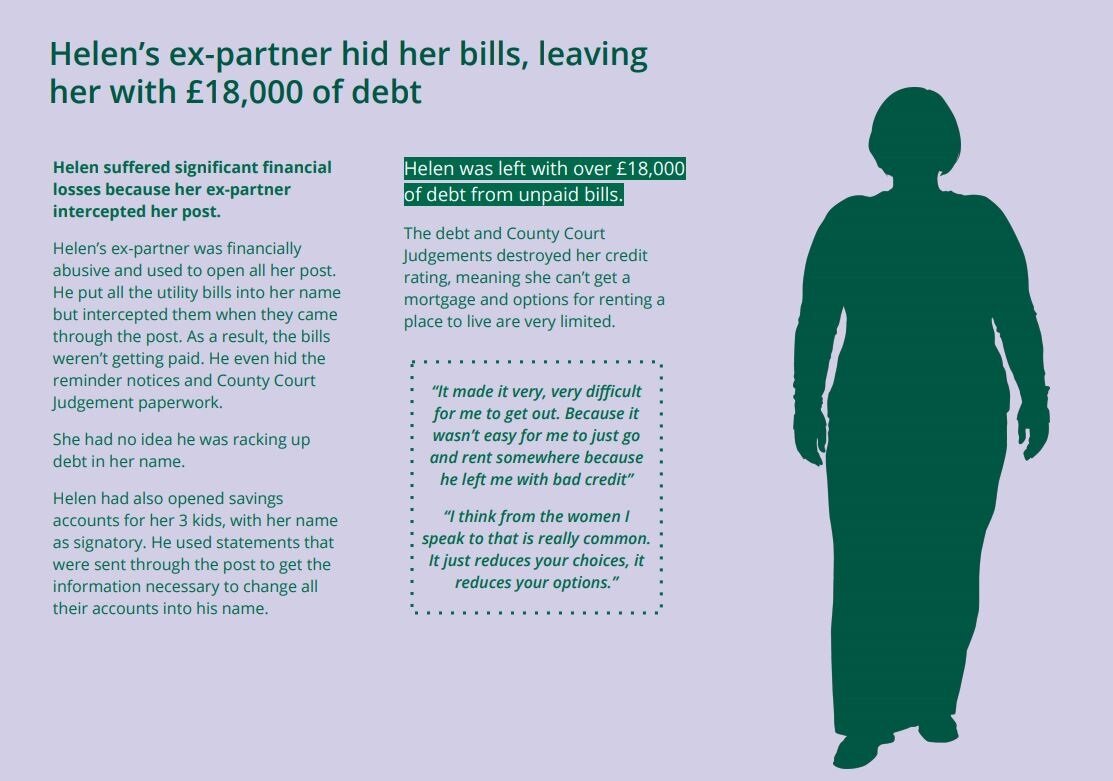Harnessing the power of story-telling
We are thrilled to see the recent publication of Citizens Advice’s report – “On the receiving end’’. To inform this report, we interviewed domestic abuse survivors and heard their stories of the debilitating effects that the lack of safe access to post had on their lives. The stories survivors shared with us were candid and often shocking. The power of these stories is compelling and we believe there is no better example of just how powerful storytelling, through research, can be.
We found that survivors of domestic abuse face significant harm because their post isn’t secure and their address is regularly disclosed. Survivors we spoke to missed out on cancer treatments, faced thousands of pounds of debt from unpaid bills, and lost touch with their support networks as a result of perpetrators hiding their letters. Perpetrators used information they found in survivors’ letters to discredit them to certain services, to financially abuse them, and to control and monitor their movements.
When survivors leave the home where they experienced abuse, they often need to keep their whereabouts secret. Many survivors we spoke to had had an agency disclose their new address to the perpetrator. This put their safety at significant risk and led survivors to avoid engaging with services for fear of giving out their address.
Our research was carefully designed to make sure participants felt safe to share their experiences and tell their stories in their own words, for example:
We conducted one to one interviews with a focus on hearing survivors’ stories.
We ensured that – as much as possible – discussions were led by the participant, enabling them to share their views in whatever way worked best for them. This was an essential way for us to pass power over to participants. Sharing a story can have immense power, particularly when the person telling the story knows it is being listened to, and potentially shared to make a difference to others with similar experiences.
Stories have a real impact as a communications tool. A key research objective was to raise the profile of the issues and to prompt change. We believe that the stories from survivors we interviewed – in their own words and (where possible) their own voices – have a huge impact and prompt empathy and connection amongst audiences. Stories are memorable, and inspire people to make a change.
We urge you to read the report in full and see some of the anonymised stories or see how Citizens Advice has used the stories on their social media platforms and via traditional media to help get the message across (Twitter example 1; Twitter example 2; Independent article).
We are hopeful that the research and the survivors’ compelling testimonies will make a tangible difference and help drive change that will improve the lives of survivors in future.

